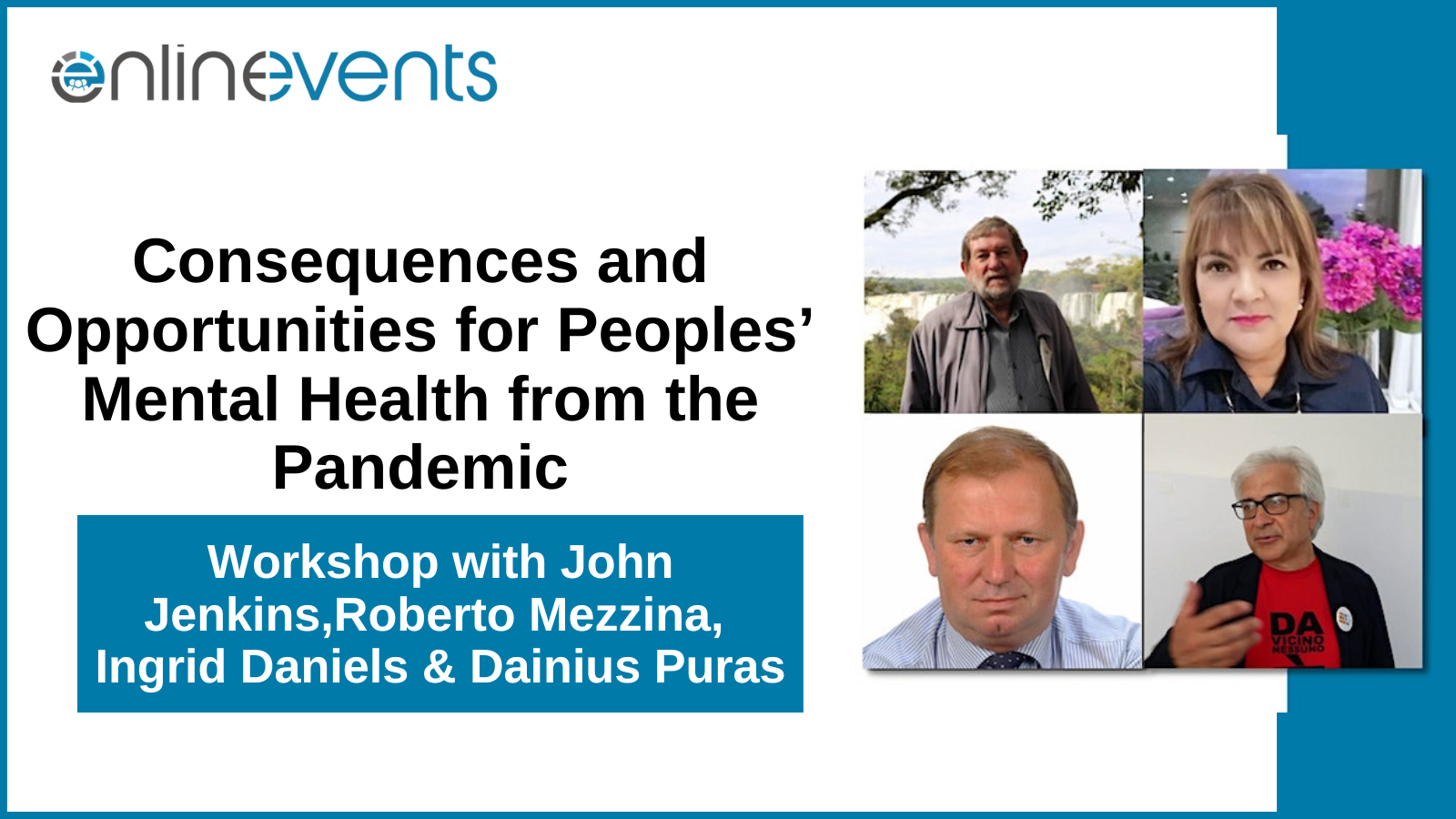Big issues identified by Covid-19: Requiring Fundamental Change in Mental Health, A Local and Global Action Plan
Course Content
Presenter
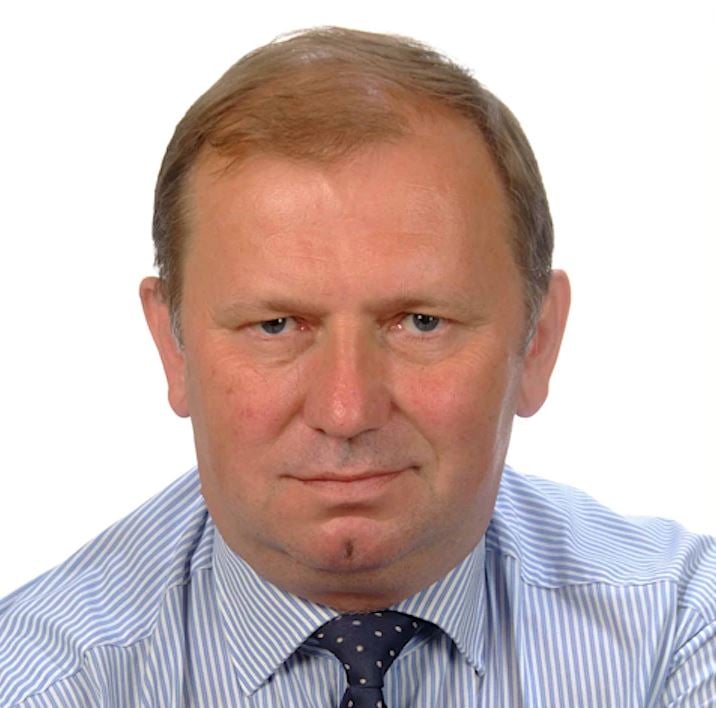
Human Rights Monitoring Institute (Lithuania)
Dainius Pūras is a professor of child psychiatry and public mental health at Vilnius University, Lithuania. Since 2018 he is director of the Human rights monitoring institute – NGO based in Lithuania. Among positions he was holding, he was President of Lithuanian Psychiatric Association, Dean of Medical Faculty of Vilnius University, President of Baltic Association for Rehabilitation. During the years 2007-2011 Dainius Pūras was a member of the UN Committee on the rights of the child. During the years 2014 – 2020 he was serving as a UN Special Rapporteur on the right to physical and mental health. Prof. Pūras has been actively involved in national and international activities in the field of developing and implementing evidence-based and human rights based health-related policies and services, with special focus on children, persons with mental health conditions and other groups in vulnerable situations and issues related to promotion of mental health and prevention of all forms of violence. His main interest is management of change in the field of health-related services regionally and globally, with main focus on operationalization of human rights based approach through effective policies and services.
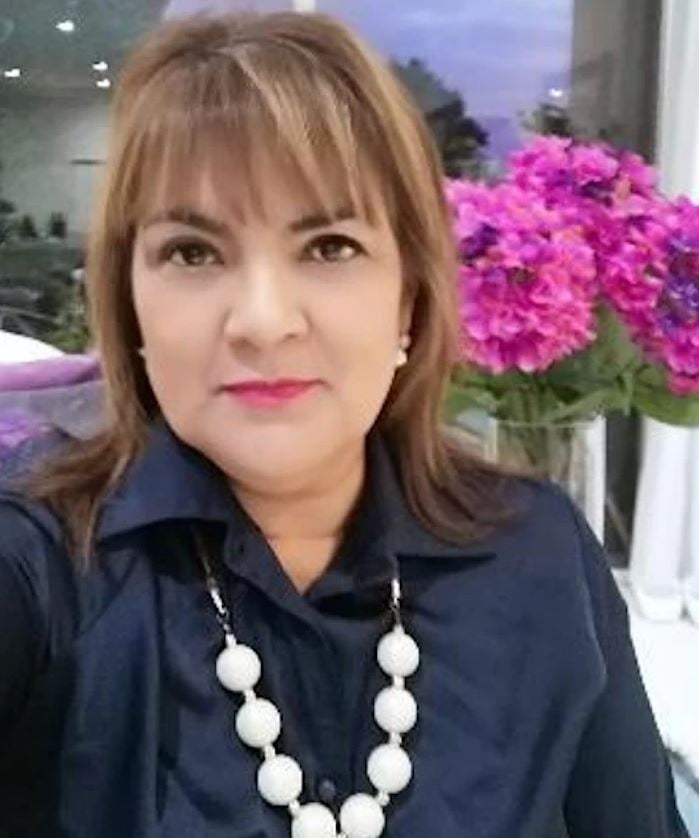
Immediate Past President World Federation for Mental Health (South Africa)
Ingrid Daniels has been the Chief Executive Officer at Cape Mental Health, the oldest community-based mental health non-profit organisation (1913) in South Africa, since 2000. She obtained her Master’s in Social Science (Clinical Social Work) and PhD in Social Work at the University of Cape Town, South Africa.
She was President of the World Federation for Mental Health for the term 2019 – 2021 and currently is the Immediate Past President of the World Federation for Mental Health. In her role as President, she collaborated with several global mental health organisations including WHO and launched with her team two successful World Mental Health Day events in 2020 and 2021 during the height of the COVID-19 pandemic.
She is an active member of the WFMH, Women’s Mental Health Section. She also serves on the Global Mental Health Action Network’s Communications Steering Committee and has recently been appointed to serve on the Global Alliance for Mental Health Advocates (GAMHA) advisory panel. She served on South Africa’s National Mental Health Advisory Committee who advised the National Minister of Health on the implementation of the National Mental Health Policy Framework and Strategic Plan 2013-2020.
She is an Executive Committee and Board member of the South African Federation for Mental Health. She teaches at Bochum University of Applied Sciences, Germany on the International Programme on Diversity and Inclusion and has an extensive resumé of presentations delivered at national and international levels. Ingrid Daniels also served on the Trust Circle Mental Health Advisory Board Council. Trust Circle provides innovative, accessible and affordable mental health mobile technology aimed at increasing access to mental health to millions across the world.
She is committed to addressing global mental health challenges particularly in lower-and middle-income countries and specifically South Africa. She continues to actively advocate and seek creative and innovative solutions to address mental health service delivery gaps to ensure that mental health becomes a reality for all global citizens.
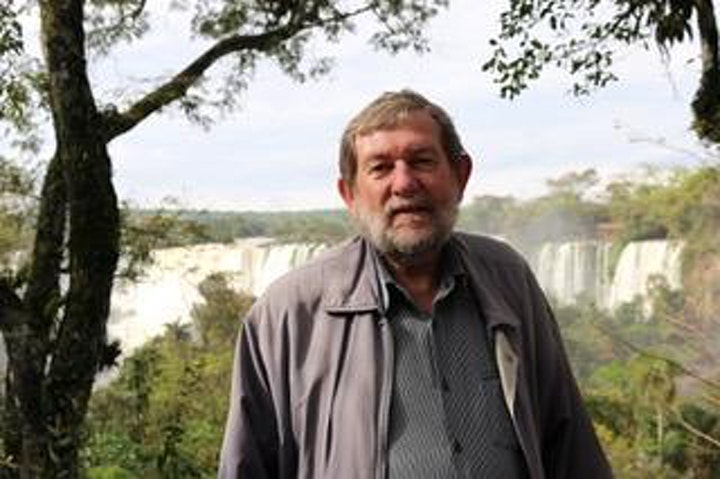
CEO International Mental Health Collaborating Network (UK)
John has worked in community mental health development for years as a clinician, manager, policy maker, change agent and educator. In the 1970’s he worked in South Wales as a manager in 3 hospitals changing the culture and services. In 1976-1988 he was the General Manager of Devon Health Authority, developing the first comprehensive mental health service in the UK resulting in the closure of 3 psychiatric institutions.
He then became a senior policy adviser in the Department of Health reviewing previous mental health policies and formulating new policies and initiatives. In 1992 he established and directed the Center for Mental Health Services Development at Kings College, London.This was established by the DoH to assist in the implementation of policy.
He was the Director of Operations and Service Development at North Birmingham Mental Health Trust that pioneered the mental health community functional teams that later became national policy and implemented throughout England.
Together with colleagues across the world he established the International Mental Health Collaborating Network(IMHCN) in 1993, an International NGO and is the current Chief Executive. He has been and is still a mental health adviser to Ministries of Health and Health Authorities in: Australia,New Zealand,India,Malaysia,Serbia,Romania,France,Italy,Ireland, Argentina.
He has been a senior consultant with WHO in Kosova, Albania and Macedonia and program manager for WHO in Palestine.
He has been a Senior Lecturer at Brunel University and Kings College in London and in others around the world over the last 40 years.
He provides consultancy and training on Whole Life-Whole Systems and Recovery/Discovery, organisational and community development, the management of change in the UK and other countries.
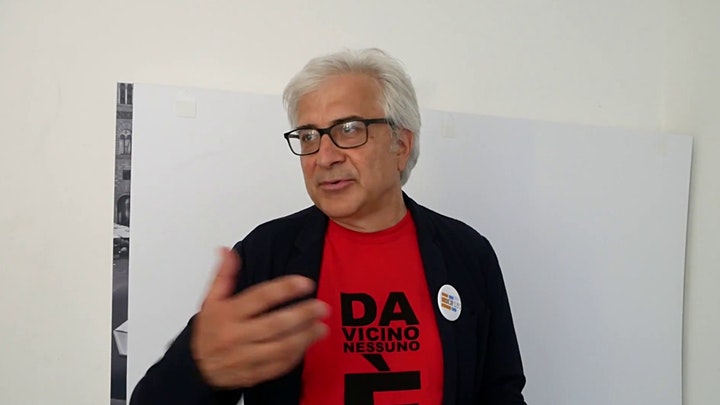
Chair International Mental Health Collaborating Network (Italy)
Roberto Mezzina, psychiatrist, is one of the founders, and currently Chair, of the International Mental Health Collaborating Network established in 2001. He is also Vice President (Program Development) of the World Federation for Mental Health.
Dr Mezzina contributed, as clinician and manager, from 1978 on to the experience of Trieste, which inspired the Italian Mental Health Reform Law of 1978, closing the psychiatric hospital and creating a network of totally alternative community based network of services. This is recently reconfirmed as a model for the World Health Organisation (2021).
In the Trieste Department of Mental Health, till his retirement in October 2019, he has been Director of a CMH Centre (for 1995) and of the whole Department between 2012 and 2019, as well as from 2009 Head of the WHO Collaborating Centre for Research and Training.
He also supported the development of community-based services worldwide (e.g., crisis, recovery, peer support, forensic services etc) as well as consulted on reform policies worldwide (UK, Denmark, Czech Republic, Australia, New Zealand, USA, Poland, Serbia, France, Palestine among others).
Dr Mezzina has been invited as teacher, keynote speaker and expert in hundreds of conferences and courses hold by Scientific Institutes, Universities, Mental Health Services in Italy, Europe and overseas. Prized by Zero Project at UN in Vienna, 2014, and as European Personality of the Year Award by Gamian Europe in 2017, he is currently an Advisor of WHO for the World Mental Health Report and for Mental Health Impact of Covid-19.

